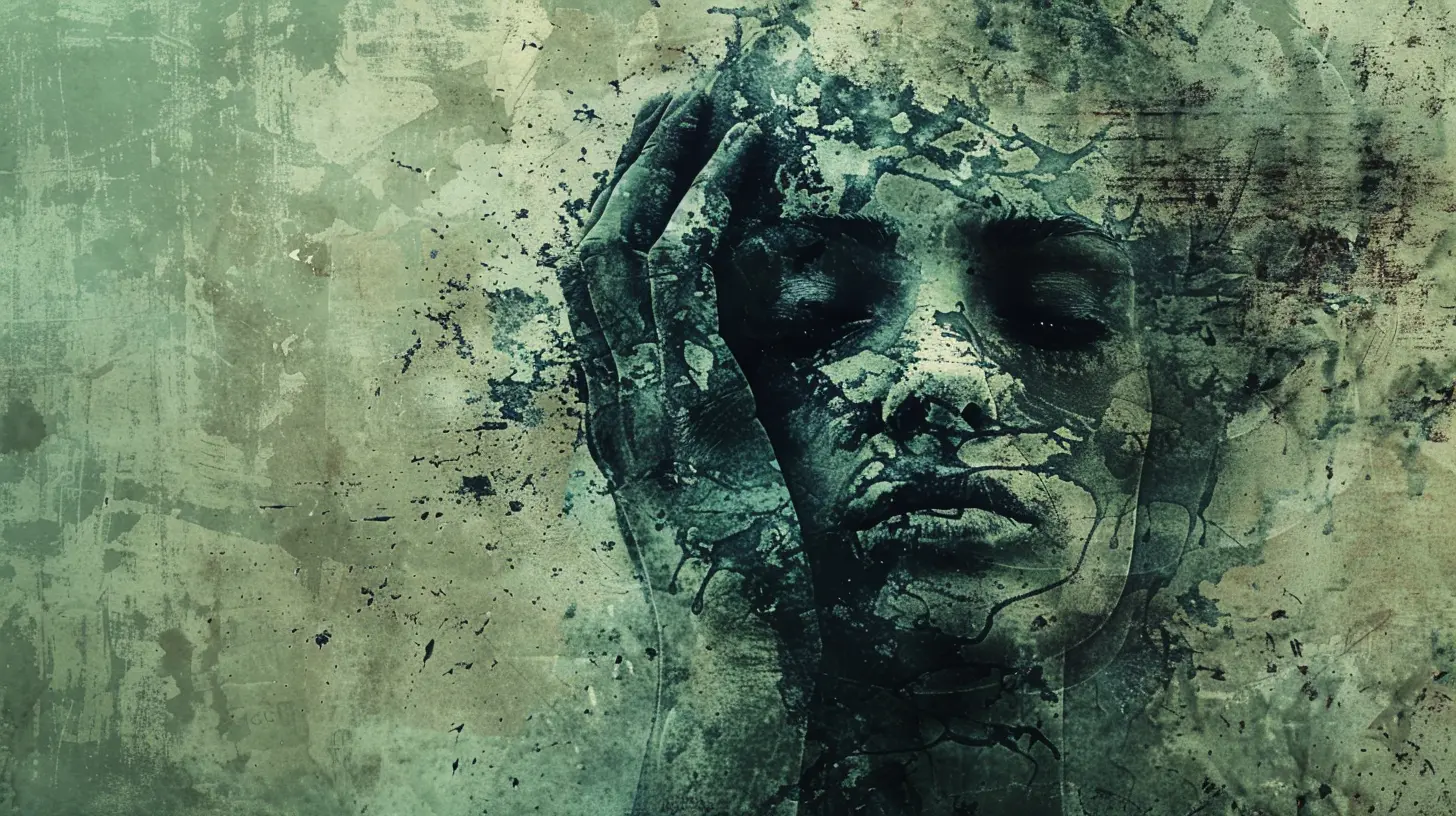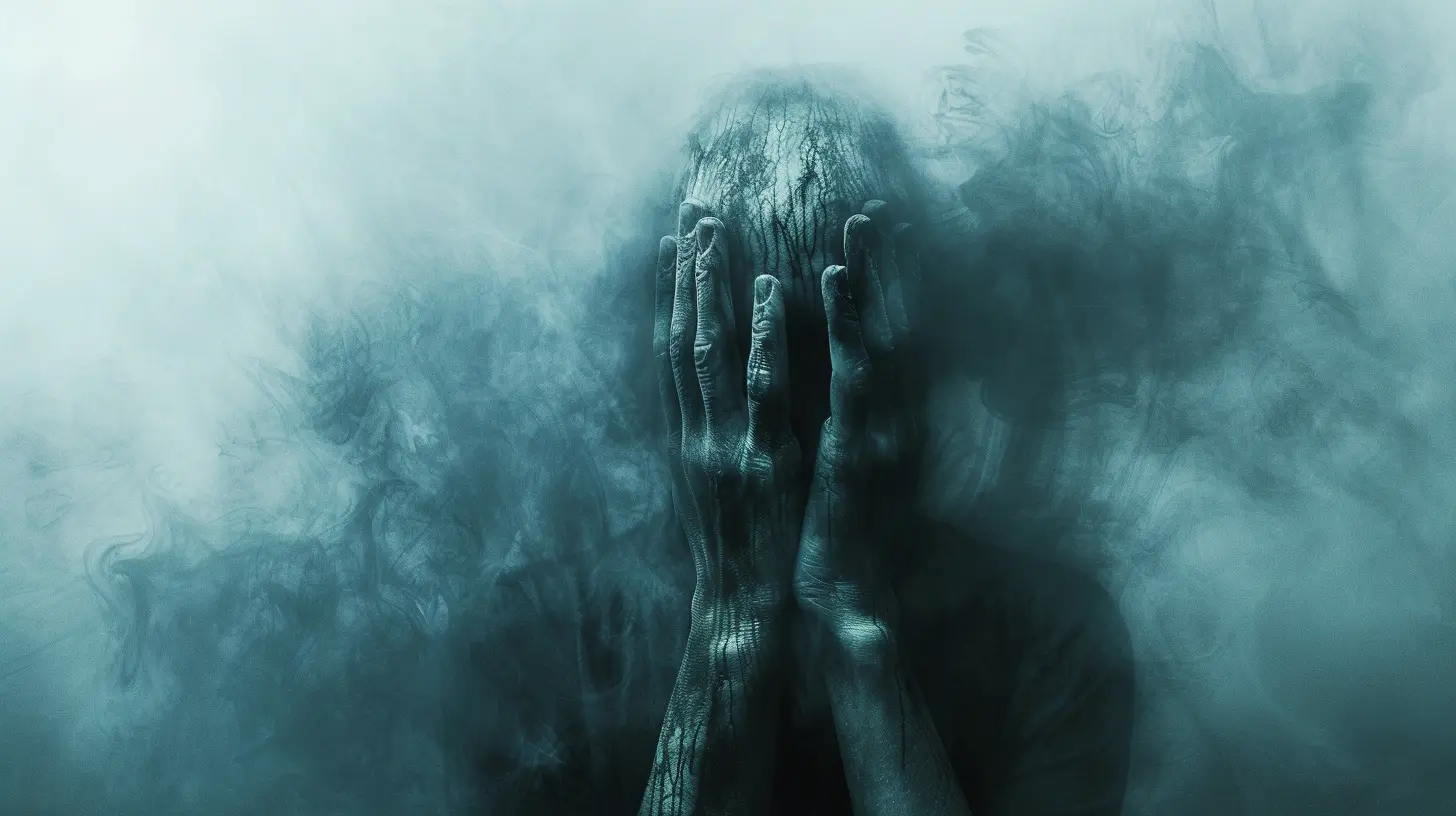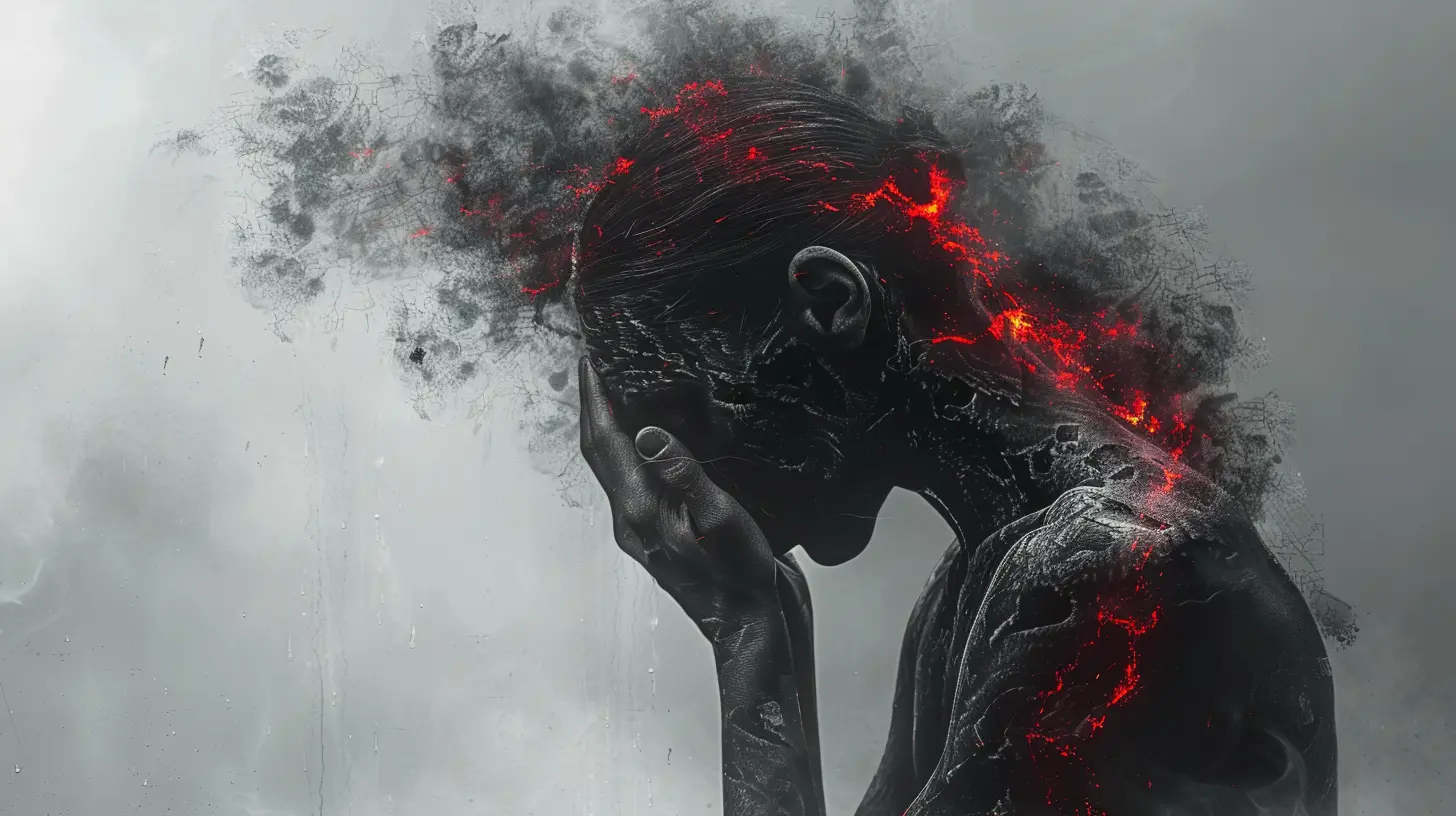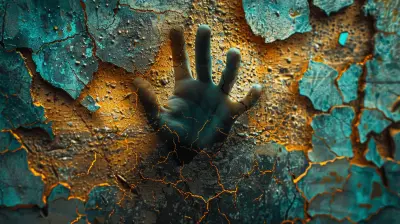Addressing the Stigma of Schizophrenia in Society
11 July 2025
Schizophrenia is one of the most misunderstood mental health conditions out there. The moment someone hears the word schizophrenia, their mind often jumps to negative stereotypes—violent behavior, unpredictability, or someone completely disconnected from reality. But is that really the truth? Absolutely not!
The stigma surrounding schizophrenia has been deeply ingrained in our society for decades, fueled by inaccurate media portrayals and a general lack of awareness. It’s time we change that! Let’s dive into what schizophrenia really is, debunk some common myths, and discuss how we, as a society, can create a more accepting and supportive world for those who live with this condition. 
What is Schizophrenia, Really?
Before we tackle the stigma, let’s get one thing straight—schizophrenia is a serious mental health disorder, but it does not mean that someone has multiple personalities or is prone to violence.People with schizophrenia might experience hallucinations (seeing or hearing things that aren’t there), delusions (strong beliefs in things that aren’t real), and disorganized thinking. However, with the right treatment and support, many individuals with schizophrenia lead fulfilling and productive lives.
So why does society continue to view schizophrenia through a negative lens? Let’s break it down. 
The Root of the Stigma
1. Media Misrepresentation
Movies and TV shows have done a pretty bad job at portraying schizophrenia. From horror films where the "crazy" villain has schizophrenia to crime dramas that link the condition to dangerous behavior, the media has done more harm than good.Reality check? Most people with schizophrenia are far more likely to be victims of violence than to commit it. In fact, they often struggle with social isolation and discrimination rather than being a danger to others.
2. Lack of Awareness
Let’s be honest—not many people understand what schizophrenia actually is. Most of us don’t go around researching mental health conditions unless they affect us personally. Because of this, misinformation spreads like wildfire, and people with schizophrenia are left dealing with unfair judgment.3. Fear of the Unknown
When something seems unfamiliar or difficult to understand, it can be intimidating. Schizophrenia is a complex condition, and the symptoms can seem unusual or even scary to outsiders. But just because something is different doesn’t mean it should be feared.Would you judge someone for having diabetes or asthma? Of course not! Mental health should be treated the same way—just another aspect of health that some people need help managing. 
How the Stigma Affects People with Schizophrenia
Imagine being judged not for who you are as a person, but for an illness you didn’t choose to have. That’s the reality for many people with schizophrenia.Here are some of the real-life struggles they face due to stigma:
1. Social Isolation
Many people with schizophrenia choose to keep their diagnosis a secret out of fear of rejection. Unfortunately, this often leads to feelings of loneliness and isolation, making their condition even harder to manage.2. Difficulty Finding Work
Employers can be hesitant to hire individuals with schizophrenia, often due to misconceptions that they won’t be reliable or capable. But the truth is, with proper treatment and accommodations, many people with schizophrenia can hold steady jobs and excel in their careers.3. Hesitation to Seek Help
Because of the stigma, some people are afraid to reach out for the support they need. They worry about being labeled as "crazy" or being treated differently. This can lead to unmanaged symptoms and a lower quality of life.
Changing the Narrative: What Can We Do?
Now that we’ve unpacked the problem, let’s talk about solutions. How can we, as a society, work to reduce the stigma surrounding schizophrenia?1. Educate Yourself and Others
Knowledge is power! The more we learn about schizophrenia, the more we can combat misinformation. If you hear someone repeating myths or making false assumptions, kindly correct them.2. Use Compassionate Language
Words matter. Instead of saying "schizophrenic," say "a person with schizophrenia." This small shift helps remind us that they are people first, not just their diagnosis. Avoid using terms like "crazy" or "psycho" when talking about mental health.3. Encourage Open Conversations
The more we talk openly about schizophrenia and mental health in general, the less taboo it becomes. If we can normalize conversations around mental illness, people will feel more comfortable seeking help without fear of judgment.4. Challenge the Media
Call out inaccurate portrayals of schizophrenia in movies, TV shows, and news reports. Support media that represents mental health in a fair and accurate way.5. Support Mental Health Advocacy Groups
There are so many organizations out there working to break down mental health stigma. Groups like NAMI (National Alliance on Mental Illness) or Schizophrenia & Psychosis Action Alliance provide educational resources, support networks, and advocacy programs.6. Be a Friend
If you know someone with schizophrenia, offer them your kindness and support. Sometimes, the simple act of being there for someone—without judgment—can make all the difference.A More Inclusive Future
No one should be defined by their illness. Schizophrenia doesn’t make someone "less than" or undeserving of love, friendship, and opportunities. The more we educate ourselves and break down harmful stereotypes, the closer we come to a world where people with schizophrenia are accepted and supported just like anyone else.So, let’s get rid of fear and replace it with understanding. Let’s stop the whispers and start real conversations. And most importantly, let’s treat every human being with the dignity and respect they deserve—because at the end of the day, we’re all just people trying to navigate life the best we can.
### Breaking the stigma starts with us—are you in?
all images in this post were generated using AI tools
Category:
SchizophreniaAuthor:

Alexandra Butler
Discussion
rate this article
2 comments
Theodora McClure
Understanding fosters empathy; empathy dismantles stigma. Let's connect.
October 30, 2025 at 4:47 PM

Alexandra Butler
Thank you for your insightful comment! I completely agree—fostering understanding and empathy is crucial in breaking down stigma around schizophrenia. Let’s continue this important conversation.
Kade Horne
Thank you for shedding light on such an important topic. Addressing the stigma surrounding schizophrenia is crucial for fostering understanding and empathy in society. Your insights can help pave the way for more compassionate conversations and support for those affected.
July 24, 2025 at 2:33 AM

Alexandra Butler
Thank you for your thoughtful comment! I'm glad you found the insights valuable in promoting understanding and empathy.


